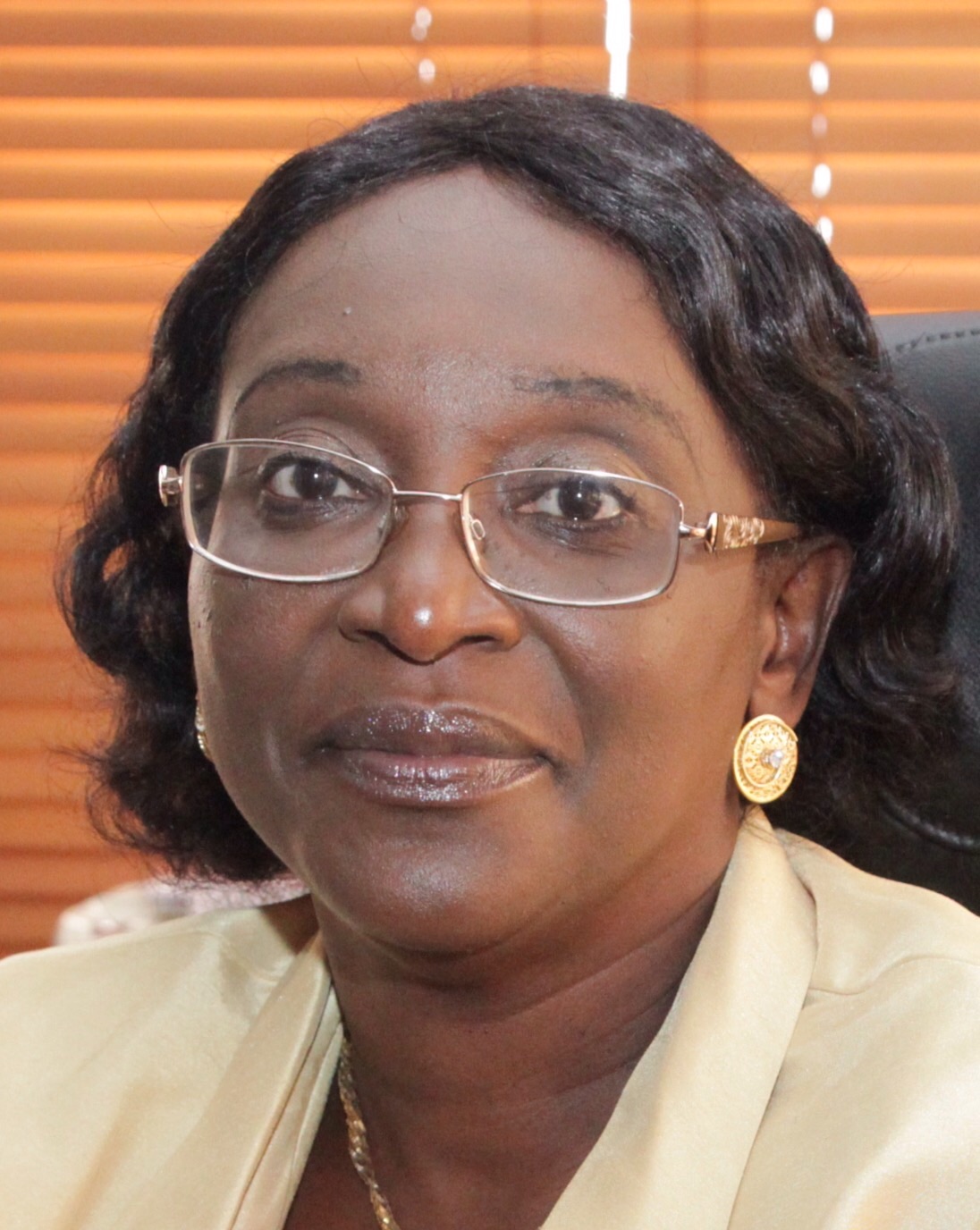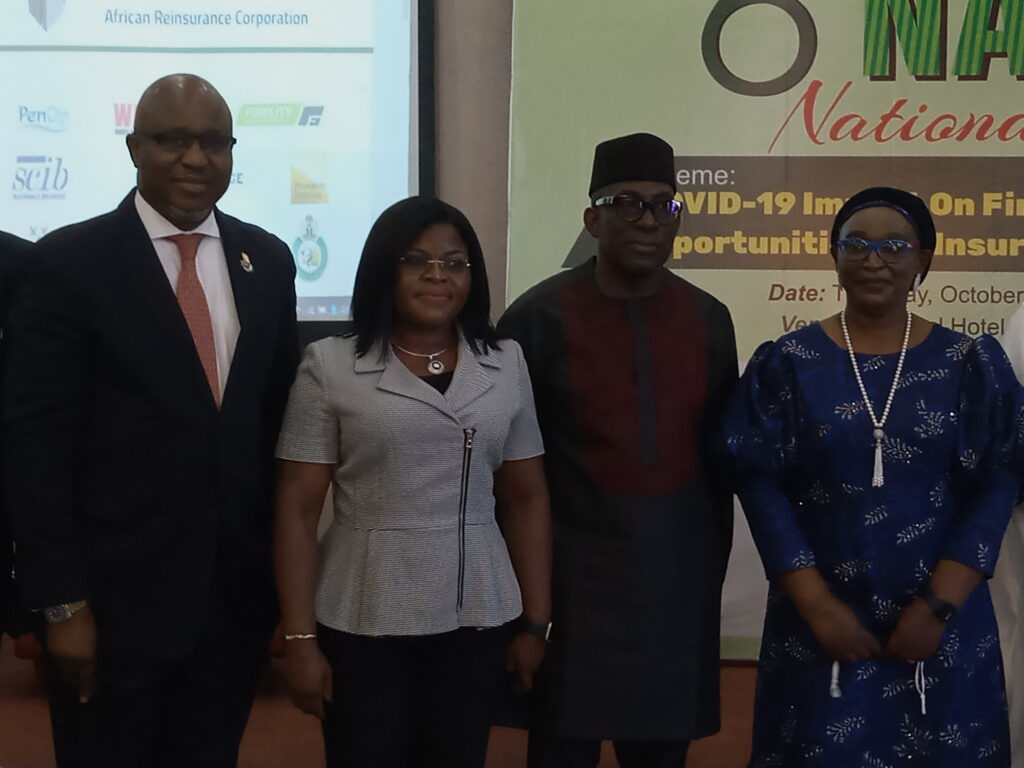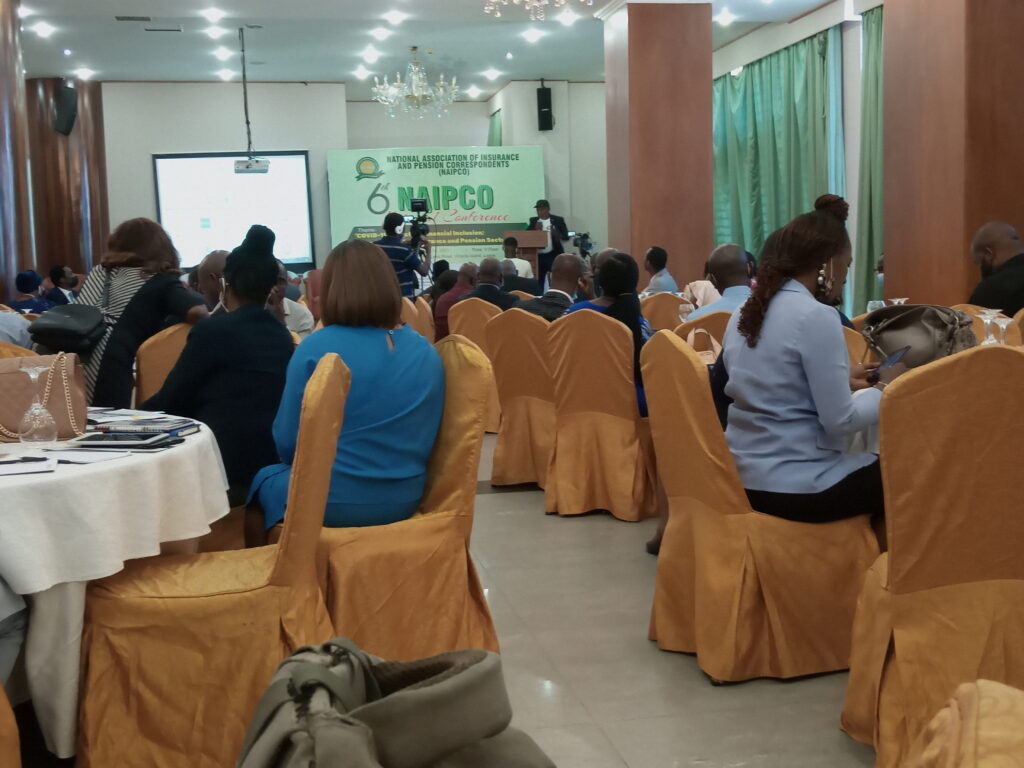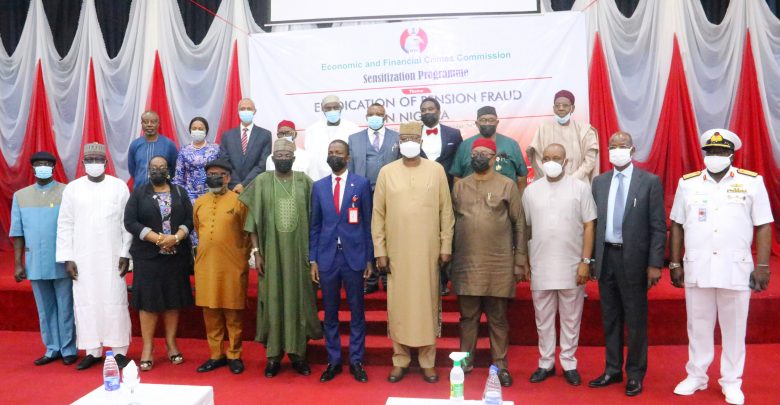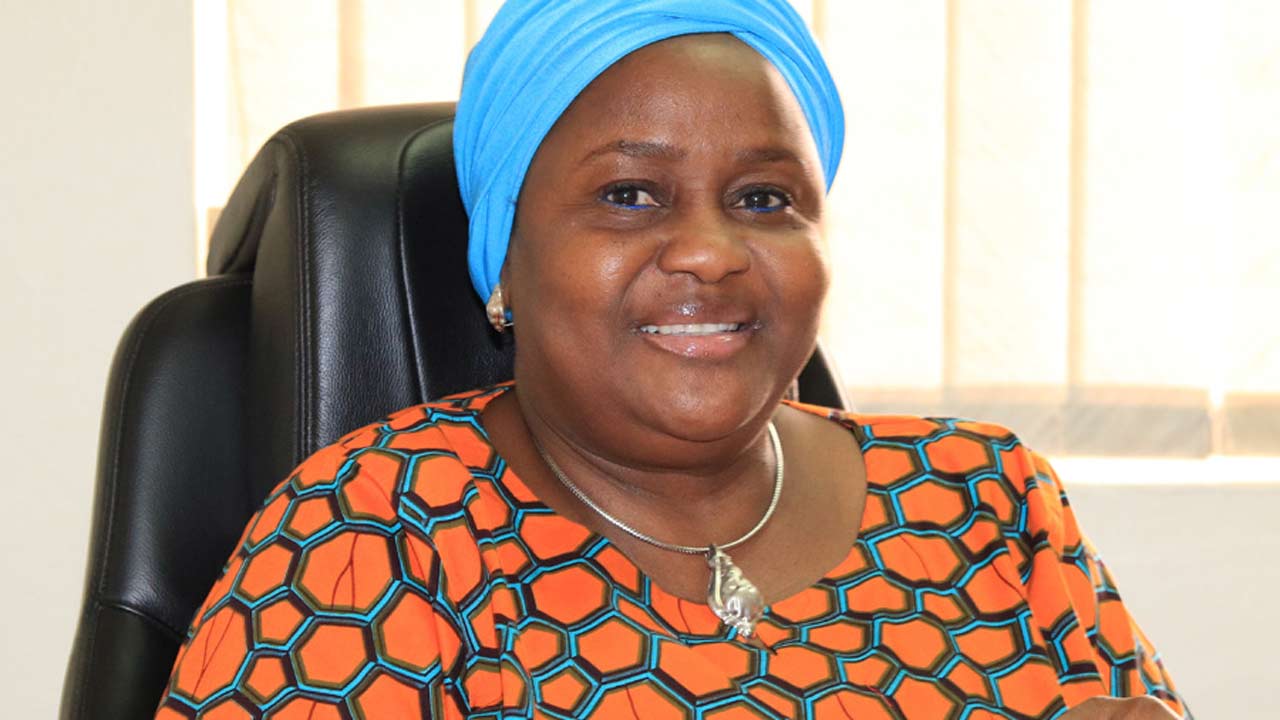Soyewo says NAIPCO bridges the gap in insurance, pension sectors
By Favour Nnabugwu
Insurance and pension journalists have remained a strong voice in bridging the gaps in the nation’s financial sysyem.
Prince (Dr) Feyisayo Soyewo, the Executive Chairman, Prestige Insurance Brokers Ltd stated this at in his speech delivered at the 2021 Annual Conference of The National Association Of Insurance And Pension Correspondents (NAIPCo) said it is heartwarming to note that NAIPCO has maintained the strands in the sectors
He disclosed that my passionate affection for the media which dates back to my school days when I was an active member of the Press Club. It has always been my conviction and belief that the media is the conscience of the nation and as such enough space should be created for them to operate, he added.
“I must at this point commend NAIPCO for its very effective reportage of events, particularly relating to the insurance industry. According to him the Association of Insurance Journalists grow over the years, from the activities of the few avant-gardes, like the veteran Kelvin Egerue of the famous Champion Newspapers, Bisi Ladipo of Business Times and Etim Joshua Nse, of the Guardian Newspapers, among others. These gentlemen and lady did excellently well in laying the molding blocs upon which your association is building effectively, he added.
“Reflecting on my tenure as President of the Nigerian Council of Registered Insurance Brokers brings to me fresh memory of my exciting walk and work with journalists. They assisted the Council and the Insurance Broking sector in no small measure in achieving the cardinal focus of my tenure, which was significantly anchored on image making and strategic engagement. It was also a time when the Council had to fight its legal battles with the regulator with regards to the acceptance of the NCRIB Act 2003. It is heartwarming that the Council, won the various legal battles through partly the positive support and positive reportage of the media at the time. Part of the fallout of the whole episode has today helped to put our Council in the headlines and brand prominence, for which I am personally grateful.
According to him the theme of this Conference: “Covid-19: Impact of Financial Inclusion: Opportunities for Insurance and Pensions Sectors” cannot be more apt than now, when the entire world is just heaving a sigh of relieve from the ruinous impact of the pandemic.
Prince (Dr) Soyewo said it makes little news that the pandemic disrupted the usual work culture and affected every facet of human endeavors never experienced in recent history. The financial services sector of which insurance and pensions are critical players also had their fair share of the impact of the pandemic. For insurance industry, aside from the long cessation of work, necessitating remote working conditions, the pandemic led to the need to review rates and revisit some of the policy conditions and exclusions earlier permissible for some insurances. I want to believe that the pension sector also had its own side of the pandemic which they would be able to relate to us more explicitly at this auspicious forum.
He said it is heartwarming that many individuals and operators have taken the whole pandemic experience as an opportunity for a paradigm shift in all their undertakings. It has led to retooling of operational strategies by corporate institutions leading to higher profitability and easier ways of doing things virtually and getting results, he added


